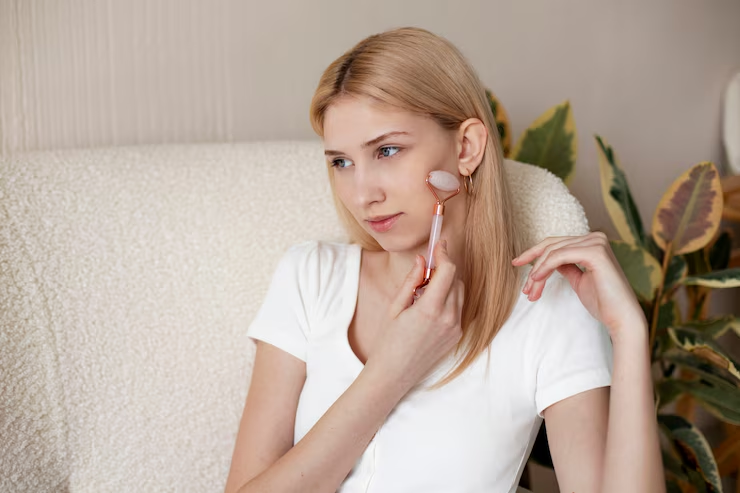Table of contents
Skin conditions like acne, eczema, and psoriasis are not only uncomfortable—they can affect confidence and quality of life. While traditional treatments are often effective, they don’t work for everyone, and some come with unwanted side effects. That’s where interest in CBD for Skin Conditions has grown in recent years.
As more people seek natural, plant-based remedies, cannabidiol (CBD) has emerged as a promising option in skincare. From soothing inflamed skin to regulating oil production, CBD offers potential benefits backed by emerging science and a wealth of anecdotal support.
Understanding CBD and Its Role in Skin Health

CBD is a non-intoxicating compound derived from the hemp plant. Unlike THC, it won’t get you high. Instead, it interacts with the body’s endocannabinoid system (ECS), which helps regulate functions like inflammation, pain response, and immune activity—all relevant to many skin conditions.
When applied topically, CBD interacts with receptors in the skin without entering the bloodstream. This makes it ideal for targeting local concerns like acne breakouts, redness, and eczema flare-ups.
How CBD May Help with Common Skin Conditions

1. Acne
CBD has shown potential to reduce the excess oil (sebum) production that contributes to acne. It also exhibits anti-inflammatory properties that may calm irritated, acne-prone skin.
2. Eczema
Also known as atopic dermatitis, eczema involves dry, itchy, inflamed skin. CBD’s moisturizing effects, combined with its anti-inflammatory and anti-itch properties, may provide relief for those dealing with eczema.
3. Psoriasis
Although research is still early, CBD may help slow the overproduction of skin cells that leads to psoriasis plaques. Its ability to calm inflammation is another key benefit.
4. Rosacea
CBD’s potential to reduce redness and support the skin barrier makes it a candidate for soothing rosacea symptoms, although more studies are needed.
5. General Irritation and Dryness
Even if you don’t suffer from a diagnosed skin condition, CBD for Skin Conditions may offer hydration, calm sensitivity, and improve overall skin texture.
Best Forms of CBD Skincare Products

- CBD Creams and Lotions – Ideal for full-body application and dry patches.
- CBD Serums – Lightweight and good for targeted application on the face.
- CBD Balms – Heavier consistency, perfect for spot treatment or cracked skin.
- CBD Oils – Can be mixed with other skincare products or used alone as a moisturizer.
Look for products labeled as broad-spectrum or full-spectrum, as these contain additional cannabinoids and terpenes that may enhance effectiveness through the entourage effect.
How to Choose the Right CBD Skincare Product
When selecting a product, keep the following in mind:
- Third-Party Testing: Ensure the product is lab-tested for purity and potency.
- Ingredients: Look for other beneficial ingredients like hyaluronic acid, aloe vera, and shea butter.
- CBD Concentration: Choose a concentration appropriate for your skin type and condition severity.
- Avoid Irritants: Fragrance-free and hypoallergenic products are best for sensitive skin.
FAQs About CBD for Skin Conditions
CBD may help manage symptoms like inflammation, redness, and oil production. It’s not a cure, but it can be part of a broader skincare routine.
Yes, most people tolerate CBD well, especially when the formula avoids harsh additives. Always patch test a new product.
Some users notice relief in a few days, while others may need weeks. Consistency is key.
Side effects are rare but can include mild irritation if the product contains other allergens. Pure CBD is generally well-tolerated.
Yes, CBD can complement many skincare regimens, but consult a dermatologist if using prescription treatments.
Final Thoughts: Is CBD Worth Trying for Skin Health?
The growing interest in CBD for Skin Conditions is backed by promising early research and strong user experiences. Whether you’re dealing with acne, eczema, or general dryness, CBD may help reduce inflammation, improve hydration, and calm irritated skin naturally.
As always, consult your dermatologist and choose reputable, well-formulated products. With the right approach, CBD could become a valuable addition to your skincare routine.





